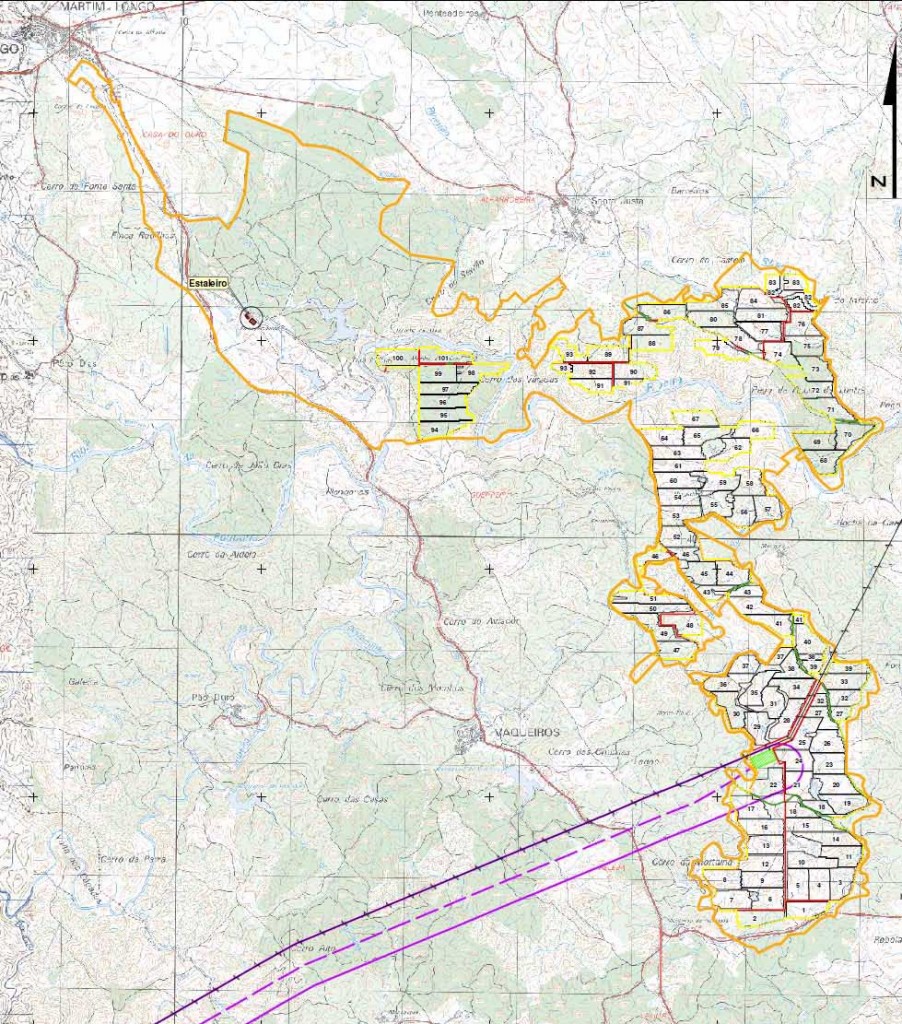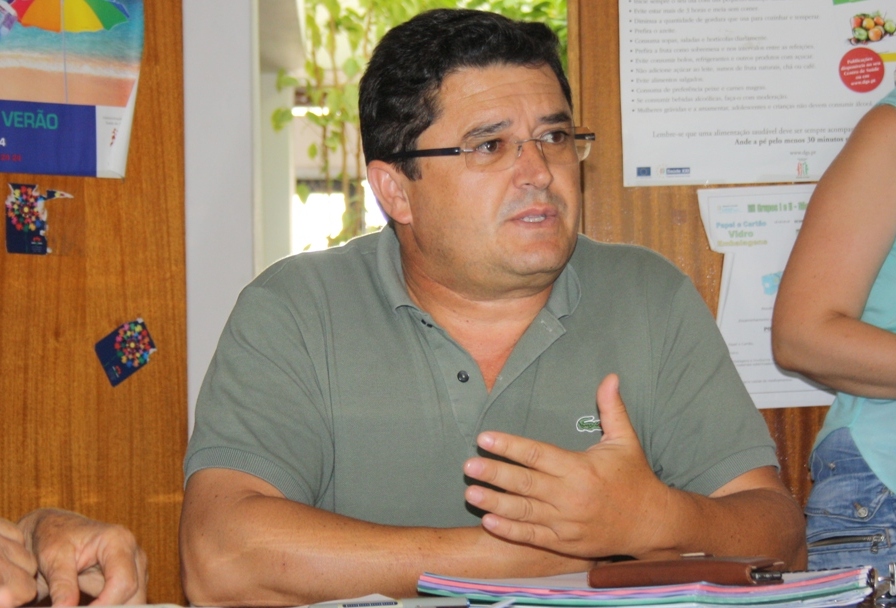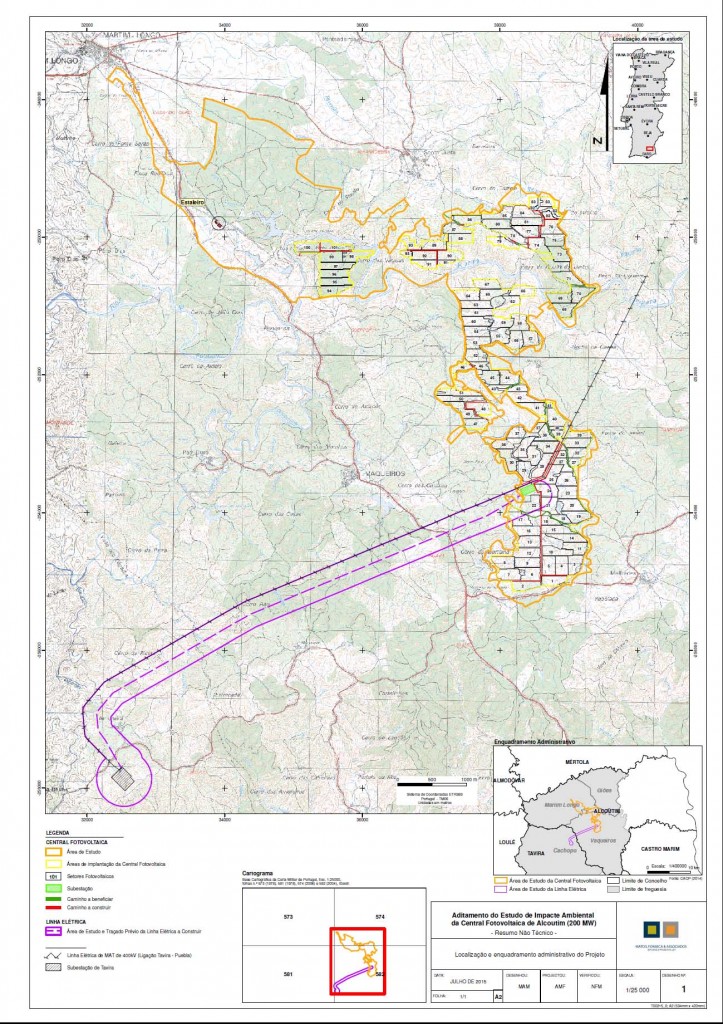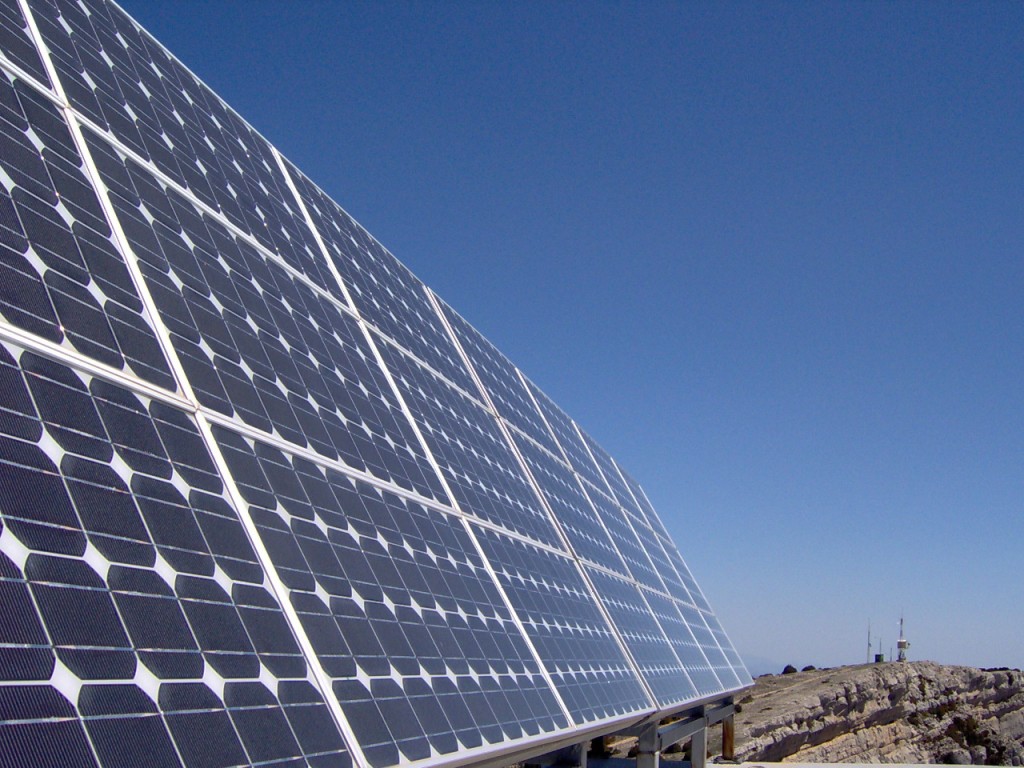 At first sight, it is an irrefutable proposal, due to the amount of investment announced, the jobs it promises to generate and for foreseeing the production of (a lot of) clean energy.
At first sight, it is an irrefutable proposal, due to the amount of investment announced, the jobs it promises to generate and for foreseeing the production of (a lot of) clean energy.
But if the company's project «Solara4» to install a photovoltaic park with almost 600 hectares in Alcoutim «make a clean sheet of everything that already exists», namely the infrastructures and economic agents linked to Nature Tourism, it will not be worth it .
O Environmental Impact Study of this project was in Public Consultation until the end of last week, which allowed all interested parties to learn about the investors' intentions. And, when talking about all interested parties, it includes the Alcoutim Chamber, to which this project was never officially presented, despite its execution being dependent on an amendment to the PDM.
The president of the alcouteneja municipality Osvaldo Gonçalves was one of the participants in an informal session that, last week, brought together mayors, businessmen and members of regional associations, in Vaqueiros, a locality in the Alcoutim municipality that could be «isolated» if the project moves forward , as planned.
And it is not the only locality in the interior that is at risk, assures João Ministro, responsible for the Responsible Tourism company ProActiveTur, which operates in the interior of the region, namely in Via Algarviana, which may see one of its sections affected by the project.
This photovoltaic park, which is associated with the construction of a new electric line, will occupy about half the space of a property with more than 1300 hectares. In this way, not only Vaqueiros will be affected, but also the neighboring parishes of Martim Longo (Alcoutim) and Cachopo (Tavira). And the impact will come, above all, from the need to destroy a section of the Via Algarviana that passes through this property.
In Martim Longo, there is already a photovoltaic plant, that of Enercoutim, a project that is not linked to that of «Solara4».
Although the Non-Technical Summary of «Solara4», whose EIA was under public consultation, mentions the creation of a new route for the Via Algarviana (without specifying where or with what characteristics), there are serious doubts from the various sectors represented at the meeting regarding the future of this tourist infrastructure.
Even Osvaldo Gonçalves, who will even have a strong say in this entire process, confesses that it was a journalist who first confronted him with the possibility of this project being installed in Alcoutim. “They called me to ask what I thought of an investment of 200 million, which will create 600 jobs. I said that, if that were true, the council would win the EuroMillions», he said.
 Soon after this contact, which took place at the end of 2014, it was informed about the investment intention that the newspaper was talking about, at the time being the target of an EIA process, which ended up being failed. “I told the prosecutors that I wasn't loyal to the way they had done things. They apologized and came here to present the project, but over lunch», described the alcoutenejo mayor.
Soon after this contact, which took place at the end of 2014, it was informed about the investment intention that the newspaper was talking about, at the time being the target of an EIA process, which ended up being failed. “I told the prosecutors that I wasn't loyal to the way they had done things. They apologized and came here to present the project, but over lunch», described the alcoutenejo mayor.
Prosecutors have now returned to submit a proposal, with some corrections. In this version, it is said that the project will create hundreds of jobs, more precisely 300 temporary jobs, in the project's installation phase, which will take less than a year. In the 30-year exploration phase, up to 35 jobs will be created.
The «Solara4» project foresees the installation of photovoltaic solar panels, which will occupy almost 600 hectares of land, which will succeed each other in a compact field. This will force the destruction not only of the Via Algarviana, but also of rural trails, and will affect the municipality's hunting activity, situations that disturb the Municipality of Alcoutim.
«What worries us most is the Via Algarviana. This project will not be able to move forward without the due considerations, which ensure that this infrastructure is not lost. For the interior, investment is important. But don't force me to give it to a collection where I have to choose between the Via Algarviana and any other project», illustrated Osvaldo Gonçalves. The counterparts, he added, will be negotiated within the scope of the "final licensing" process.
For a company like ProActiveTur, which works a lot with tourists from all over the world who want to come walking along the Via Algarviana, it is not enough to change the route, it is necessary to ensure that it does not cross areas flanked by photovoltaic panels or that have been defaced. «I've already had to cancel a route in Lagos, in an area where wind towers were built. People complained, because they didn't want to walk on a road», revealed João Ministro.
Another issue that is highlighted is that of the layout maps, which will have to be reformulated and reprinted, with the changes that may be made, with the costs that this entails.
Associations and entrepreneurs with many doubts

On the part of associations and entrepreneurs, there is a guarantee that they have nothing against an investment of this nature, as long as it is done with good sense and does not destroy what already exists on the ground, at various levels. And, they warn, socio-economic and environmental issues arise that should not be overlooked.
The most sustained position was presented by businessman Carlos Ludovico who, despite being the owner of a rural tourism in the village of Vaqueiros, has a degree in engineering and has dealt, during his career, with many studies of environmental impact. In his opinion, the Non-Technical Study is “an academic exercise”, where the issues are addressed only in a theoretical way, but which have no practical application.
Carlos Ludovico's reflection on the project, moreover, filled ten pages. The businessman delivered this document, as part of the public discussion process, but also sent it to various entities, in addition to having made it available online, for everyone who wants to consult it.
At the meeting, he focused only on some of the aspects he considered the most important, which are linked to the sustainability of the project. For Carlos Ludovico, more worrying than having this project up and running is the prospect of the works starting and being halfway through or, worse, the installation of the panels is already in an advanced state or even completed and the project is abandoned. In either case, the negative impacts would not be outweighed by the positive aspects of the project.
The possibility of this project being unfeasible is not low, in Carlos Ludovico's opinion. Firstly, because it foresees an intensive occupation of a land with many geographic features, which means that part of the panels will be on slopes oriented to the North, where the sun exposure is much lower. “In this type of project, the normal thing is to only use slopes facing south. Most of those that exist are even on plains or plateaus, to improve the sun exposure”, he explained.
Another issue that has been raised, in terms of sustainability, is that of the promoters' investment capacity and, equally important, of restoring the original situation (or at least dismantling the infrastructure), when they have completed 30 years of operation.
The doubt is linked to the fact that the company promoting the project has a share capital of 25 thousand euros and is constituted "by two individuals and a company from Porto, whose share capital is also 25 thousand euros". Its headquarters «is a room in a building on a street in Porto and they do not have a website». “If there are problems, can a company with a share capital of 25 thousand euros compensate for the damage caused? I don't think so,” he said.
This situation is not, even so, rare in this type of projects. Project promoters are often just a first line, and investors are recruited at a more advanced stage, when there are guarantees that the necessary licenses are available for the project to go forward.
Almargem divided between clean energy and impacts on the territory
 For the representative of the environmental association Almargem, present at the meeting, this project is a real headache. If, on the one hand, the power of 200 megawatts of clean energy, six times more than the existing park in Amareleja, is good news, the way to achieve this is not in line with what they advocate.
For the representative of the environmental association Almargem, present at the meeting, this project is a real headache. If, on the one hand, the power of 200 megawatts of clean energy, six times more than the existing park in Amareleja, is good news, the way to achieve this is not in line with what they advocate.
“We are a little divided. We defend solar energy, but with this dimension it is an exaggeration», summarized João Santos, from Almargem, who was also present at the meeting. The Algarve environmental association, meanwhile, delivered an opinion against the project's progress, as it stands, since, they consider, its promoters “could achieve the same results, in a more sustainable way”.
Environmental issues are linked, on the one hand, to the destruction of hundreds of hectares of forest area, of which around 50 are cork oak and holm oak forests, protected species. The project foresees compensatory measures for the destruction of this last forest patch, but does not mention the replacement of approximately 266 hectares of mixed forest, with pine and other species, such as cork oaks and holm oaks, which will also be destroyed.
It will also have a strong impact on vegetation cover, aka bush. In this field, there is a proposal to occupy the land with rosemary, which will later be used for the production of essential oils, a plan that the participants in the meeting believe is only in the Non-Technical Summary «para Inglês ver». This is because it is accepted that, if the plan does not work, this culture “will be abandoned”.
Alice Pisco, representative of Glocal/Faro, recalls “the small businesses that exist in this area, linked to the hunting sector and the Via Algarviana”. “What economic losses will this project cause for those who are already here? If it goes wrong, then this will become a desert», he considered.
«You can't wipe out everything that already exists. This Non-Technical Summary is not even an A4 sheet dedicated to socio-economic issues», accused Alice Pisco.


















Comments